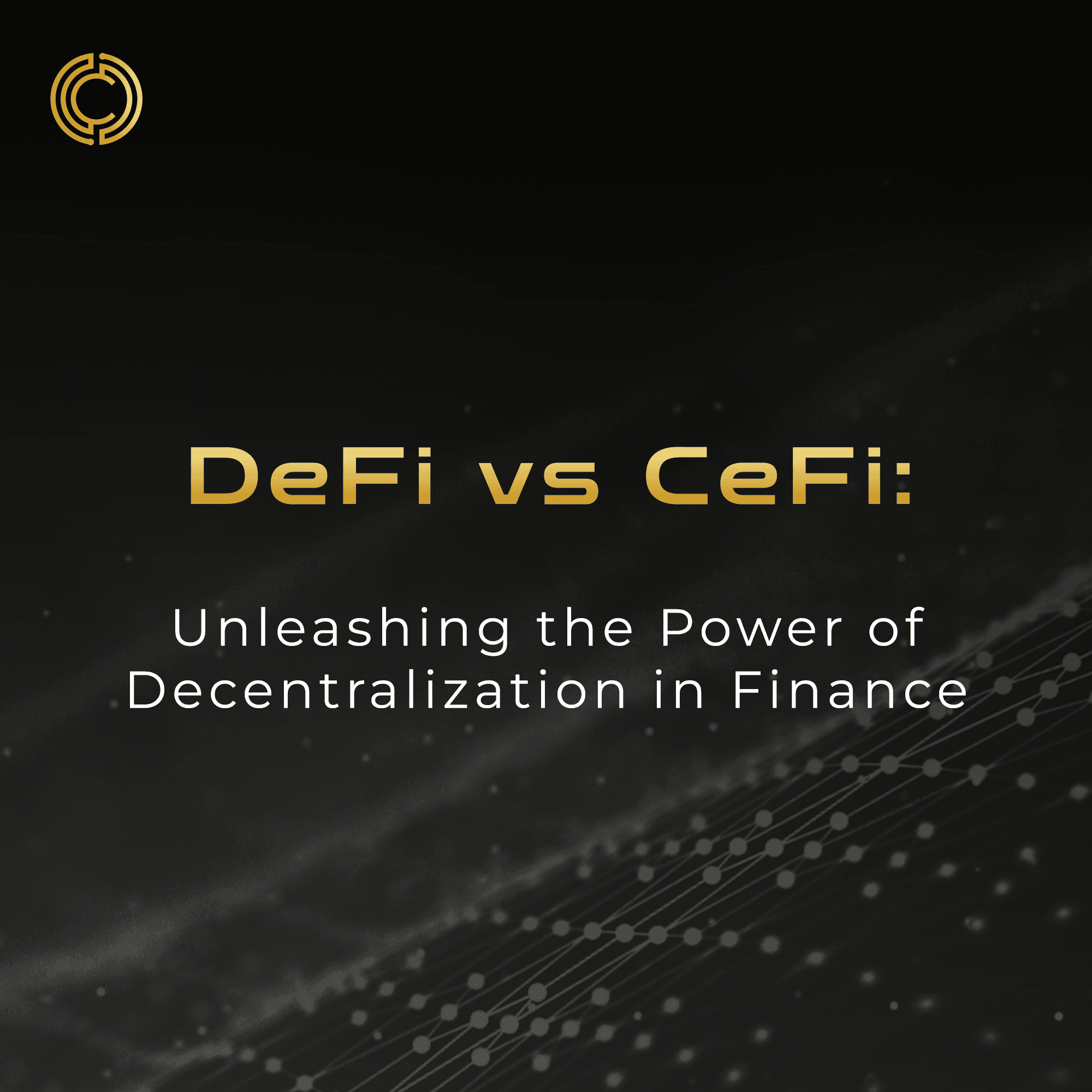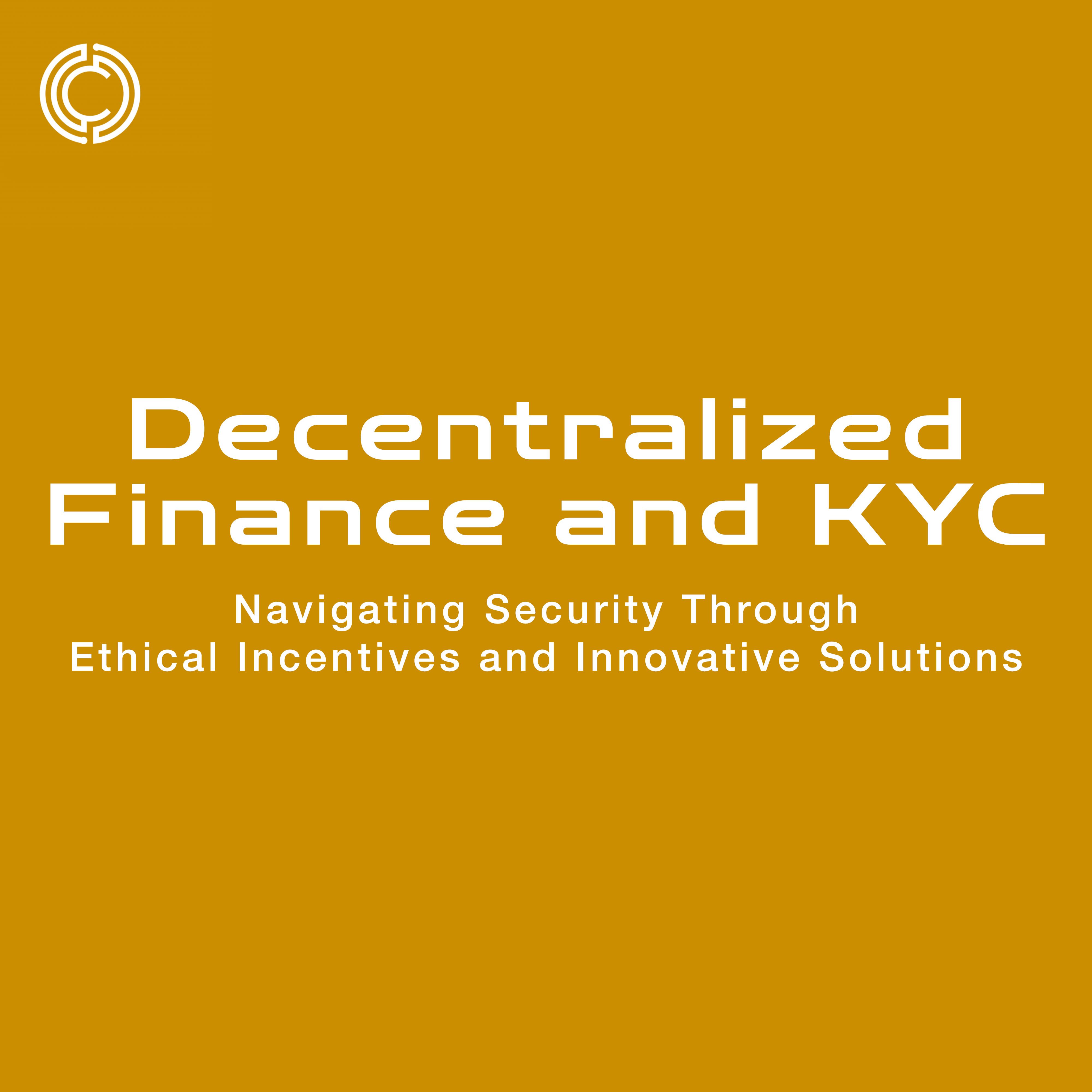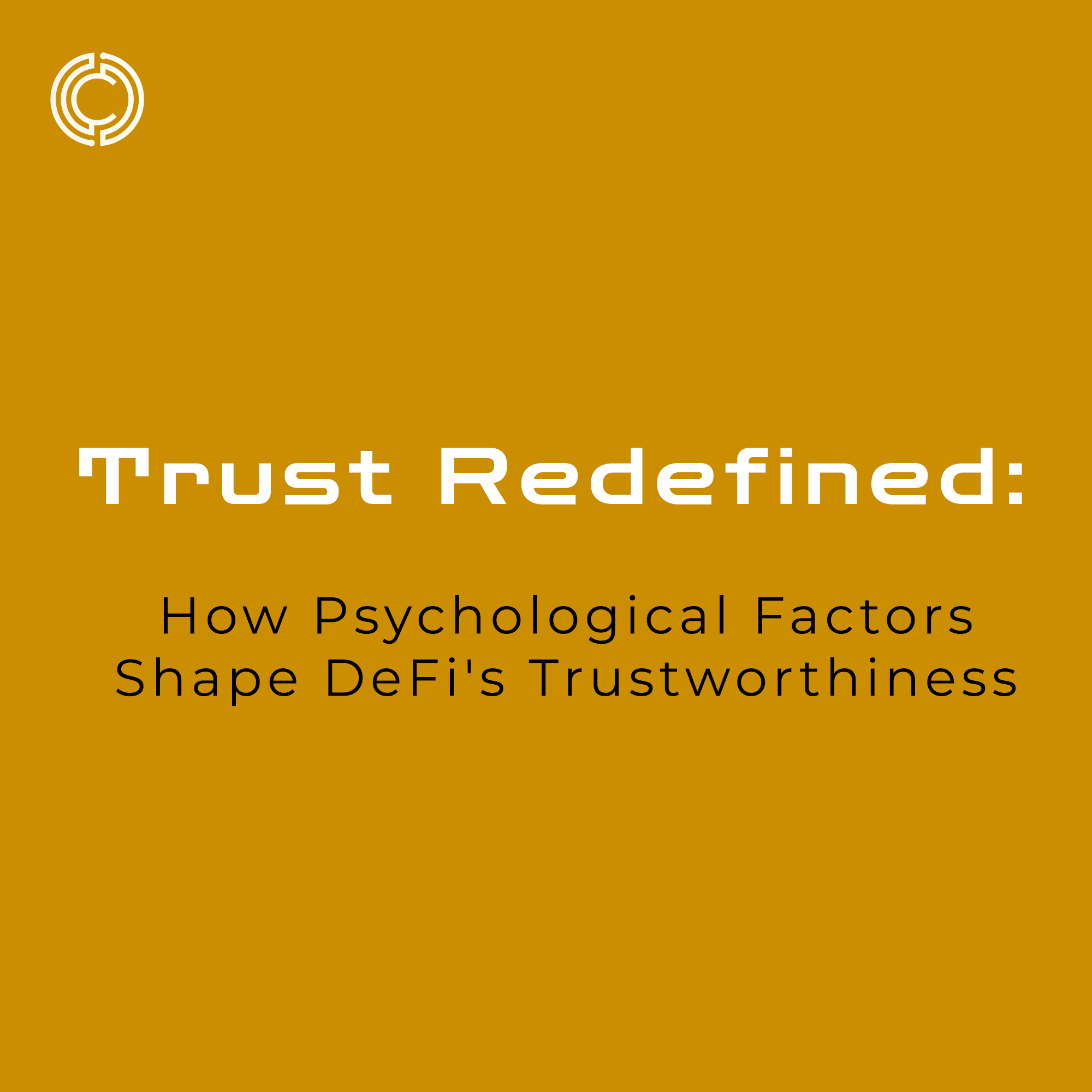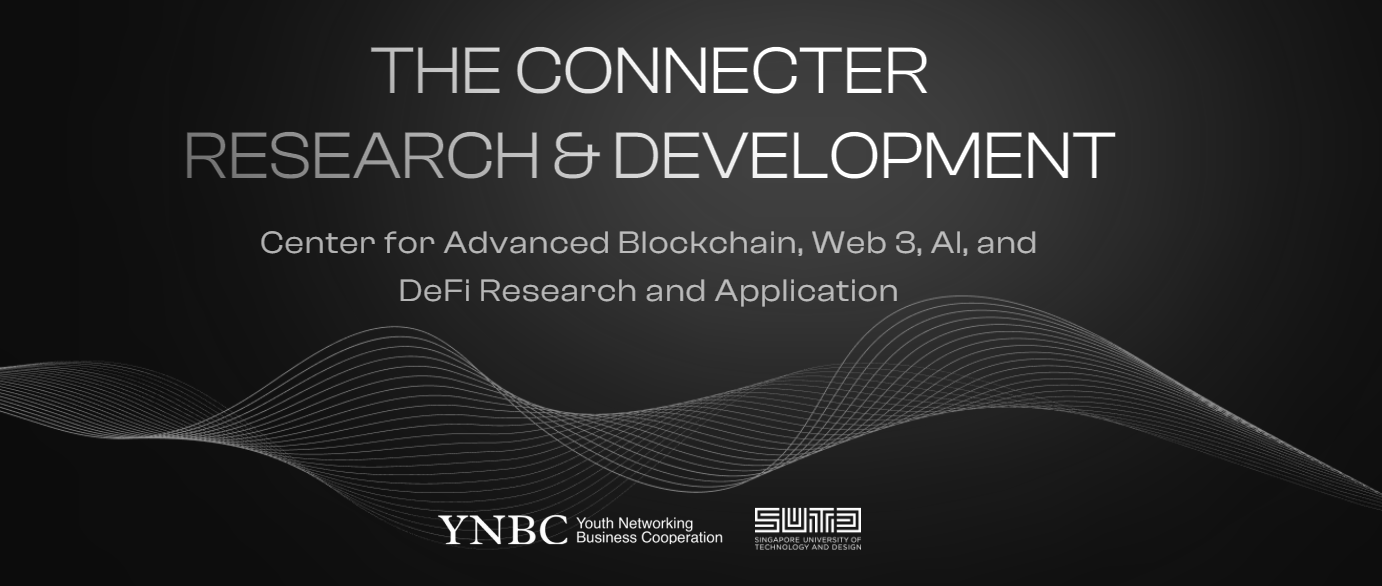

In the world of finance, a significant shift is taking place. Traditional centralized financial systems, often referred to as Centralized Finance (CeFi), are facing competition from a new paradigm known as Decentralized Finance (DeFi). DeFi represents a transformative approach that leverages the power of blockchain technology to reshape how financial transactions and services are conducted. In this blog post, we will explore what DeFi is, its key characteristics, and how it compares to CeFi.
What is DeFi?
At its core, DeFi refers to a range of financial applications and services built on top of blockchain networks. These decentralized platforms enable users to engage in peer-to-peer transactions and access financial services without the need for intermediaries such as banks or traditional financial institutions. DeFi embodies openness, transparency, and accessibility, allowing anyone with an internet connection to participate in the financial ecosystem.
Key Characteristics of DeFi:
1. Openness: DeFi platforms are open to anyone, regardless of their location, background, or financial status. Users only need an internet connection and a compatible digital wallet to access and utilize DeFi services.
2. Permissionless: DeFi operates on a permissionless model, meaning that users do not require approval or authorization from a central authority to participate. This democratized approach empowers individuals to take control of their finances and eliminates the gatekeeping typically associated with traditional financial systems.
3. Transparency: All transactions and interactions within DeFi are recorded on the blockchain, a public ledger accessible to anyone. This transparency ensures accountability and helps to build trust among participants.
4. Accessibility: DeFi services are accessible 24/7, without any geographic limitations. Individuals can engage in lending, borrowing, trading, and asset management activities at their convenience, without being restricted by traditional banking hours or borders.
Comparing DeFi to CeFi:
While CeFi has been the dominant financial system for centuries, DeFi presents a compelling alternative with several key advantages. Let’s explore some of the notable differences between the two.
1. Intermediaries: CeFi relies on intermediaries such as banks, brokerage firms, and custodians to facilitate financial transactions. These intermediaries play a vital role but also introduce centralization, which can lead to issues like single points of failure, limited accessibility, and high fees. DeFi, on the other hand, eliminates the need for intermediaries, allowing users to interact directly with smart contracts on the blockchain. This peer-to-peer nature reduces costs, enhances efficiency, and increases accessibility.
2. Control and Ownership: In CeFi, individuals often relinquish control and ownership of their assets to intermediaries. This can create vulnerabilities, as users must trust these intermediaries to act in their best interests. DeFi offers a paradigm shift by enabling self-custody, where users retain control of their private keys and assets. This enhanced control empowers individuals to manage their finances securely and independently.
3. Financial Inclusivity: Traditional financial systems have long excluded a significant portion of the global population due to barriers like geographical limitations, lack of identification, and limited access to banking services. DeFi has the potential to bridge these gaps by providing financial services to the unbanked and underbanked populations worldwide. With a simple internet connection and a smartphone, individuals can participate in DeFi and access a range of financial services previously inaccessible to them.
4. Innovation and Flexibility: DeFi platforms operate in a fast-paced and rapidly evolving ecosystem. The open-source nature of DeFi allows developers from around the world to build and deploy new applications, services, and financial instruments. This innovation brings about unprecedented flexibility, customization, and adaptability to changing market needs, creating a dynamic financial landscape.







